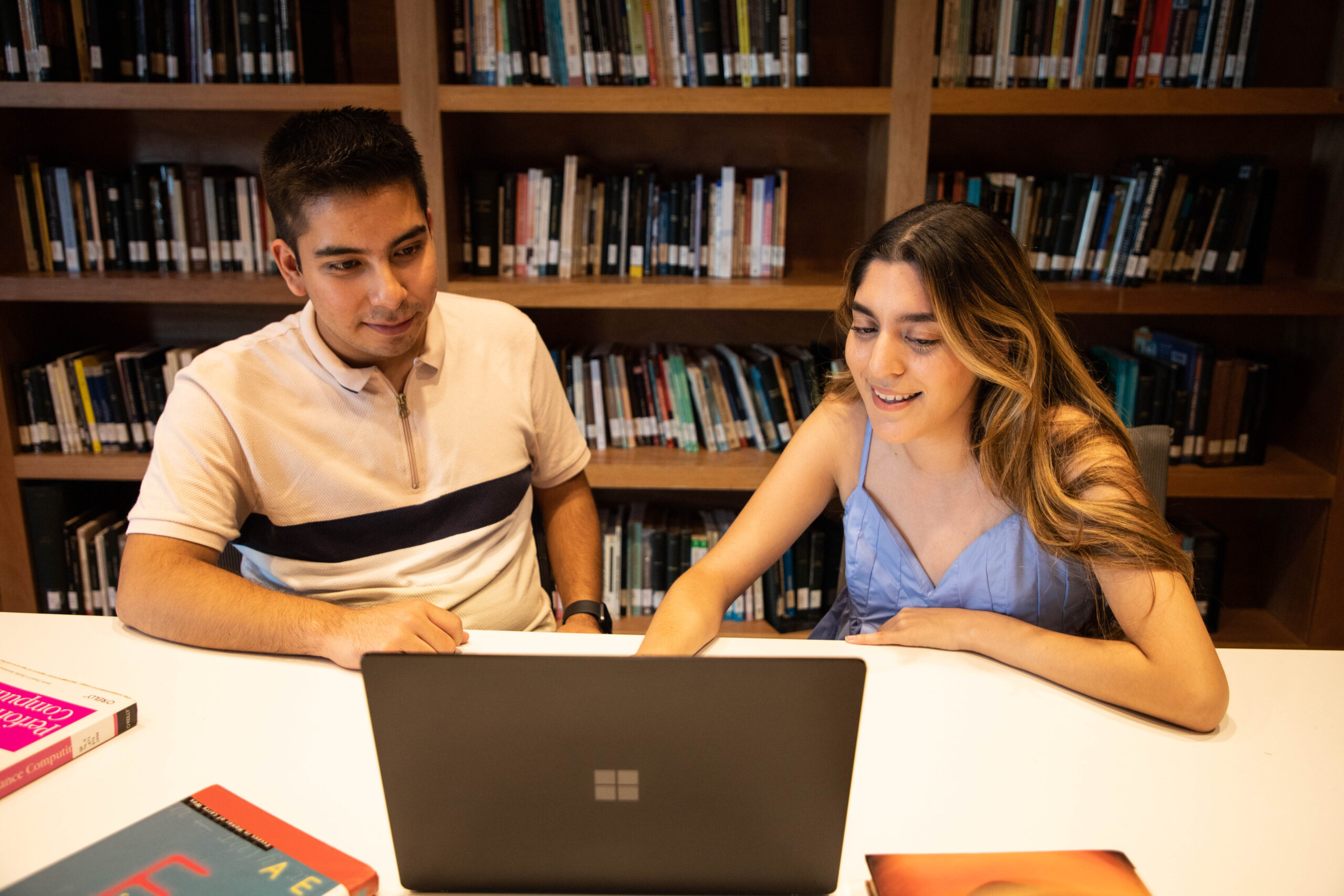An Innovative Leap in Personalized Education: TECgpt at Tecnológico de Monterrey
David Balleza, a third-year computer systems engineering student at Tecnológico de Monterrey, has always found it challenging to seek help for the complex and often abstract concepts in his field. Like many students, he felt uneasy about constantly knocking on professors’ doors when he encountered difficulties. However, this struggle became a thing of the past once TECgpt came into his academic life.
“It’s a game changer,” Balleza shares. “It’s like having a scholar by your side you can interact with.”
TECgpt is a generative AI-powered ecosystem developed by the prestigious Mexican private university. The platform aims to personalize education based on students’ needs, enhance the learning process, foster teachers’ creativity, and save time on mundane tasks. Built on Azure OpenAI Service and utilizing OpenAI’s GPT-4, the system includes a suite of tools with two main functions: administrative and academic. Remarkably, TECgpt is one of the first AI initiatives of its kind in Latin America.
Recently, Balleza faced difficulty in understanding a computing algorithm problem discussed in class a few days earlier. His classmates were equally puzzled, and the professor was unavailable. Turning to the Academic TECbot, a 24/7 tutor and teaching assistant, Balleza received a comprehensive explanation within seconds, making the concept finally clear to him.
Balleza’s confidence in his studies soared after using the AI assistant. This outcome was made possible by the professors who integrated their educational materials with customized tutorial content specifically designed for the AI tutor.
Tecnológico de Monterrey, a renowned institution with an 81-year history of innovation and technology, has often been at the forefront of technological advancements. The university, headquartered in Monterrey, Mexico’s industrial hub, adopted computers as early as the 1960s. “We knew from the beginning that AI was a phenomenon of such magnitude that the sooner we jumped on board and designed our own journey, the better,” says Carles Abarca, the university’s vice president for digital transformation.
Users can access the AI systems through the university’s intranet on their computers or via a phone app. The experience is tailored depending on whether the user is a professor, a student, or a collaborator (a term used by the university for its employees). The system is designed to be accessible to the 35,000 employees of the institution, including 11,000 professors, and all 90,000 students across more than two dozen campuses in Mexico.
Internal and External Data Integration
The platform integrates both internal and external data through its various features. Some tools are available to all employees and students, including a natural language chat that uses internal data to answer questions related to tuition, scholarships, and campus shuttle schedules. Students have found this feature to be a significant time saver. There is also a chat function with access to external data, capable of summarizing texts and creating images based on prompts.
A separate set of academic tools is exclusively used by teachers, who generate the data, and students. This set is divided into three interconnected components: Skill Studio, Academic TECbot, and Librarian TECbot. Skill Studio allows professors to create teaching materials, such as exercises, mock tests, and quizzes. The Academic TECbot and Librarian TECbot serve as personalized tutors for students. The library assistant can quickly locate books and handbooks from over 60 million sources within the university’s library and other licensed content.
Launched a year ago, TECgpt is already used by 3,000 users monthly. Although the academic tools are currently in the beta phase, they are expected to be accessible to all teachers and approximately 5,000 students by early 2025, according to Abarca.
Students participating in the pilot phase have praised the platform for its ability to help them quickly and efficiently fill gaps in their understanding. Professors have noted that the system automates repetitive academic tasks, allowing them to focus on more creative and innovative teaching methods.
Impact and Future Prospects
The introduction of TECgpt represents a significant advancement in the field of education, particularly in how it personalizes and enhances the learning experience. By leveraging AI, Tecnológico de Monterrey is setting a precedent for other educational institutions in Latin America and beyond. The platform’s ability to provide immediate, personalized assistance to students and streamline administrative tasks for educators marks a new era in academic support systems.
Moreover, the successful implementation of TECgpt could inspire other universities to adopt similar AI-driven tools, potentially transforming the educational landscape. The use of AI in education can democratize access to information, provide timely support, and foster a more engaging learning environment.
In conclusion, TECgpt has proven to be a valuable asset for both students and faculty at Tecnológico de Monterrey. As the platform continues to evolve and expand its reach, it holds the promise of revolutionizing the way education is delivered and received. The success of this initiative underscores the importance of embracing technological advancements in education and highlights the potential of AI to enhance learning and teaching processes.
For more information, you can visit the Tecnológico de Monterrey website.
For more Information, Refer to this article.


































